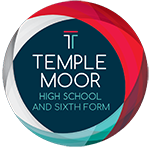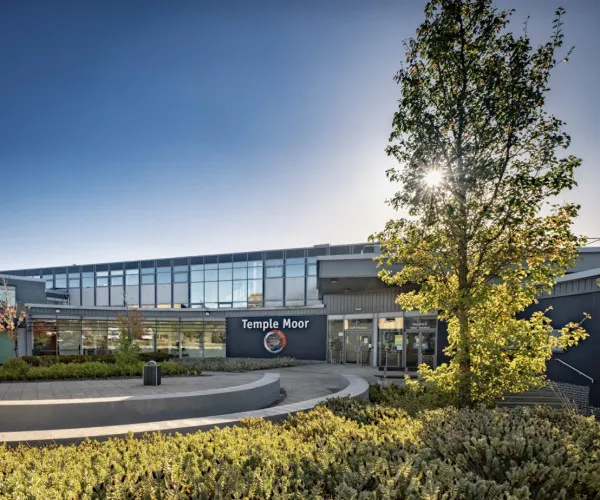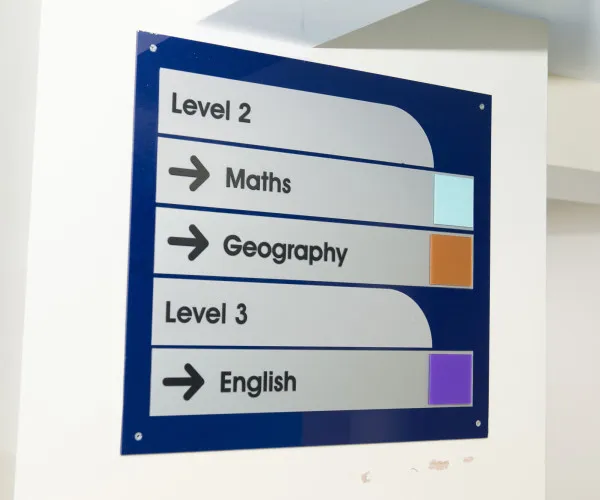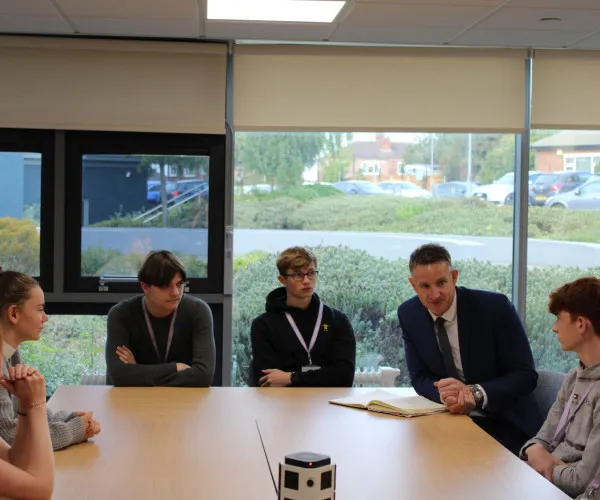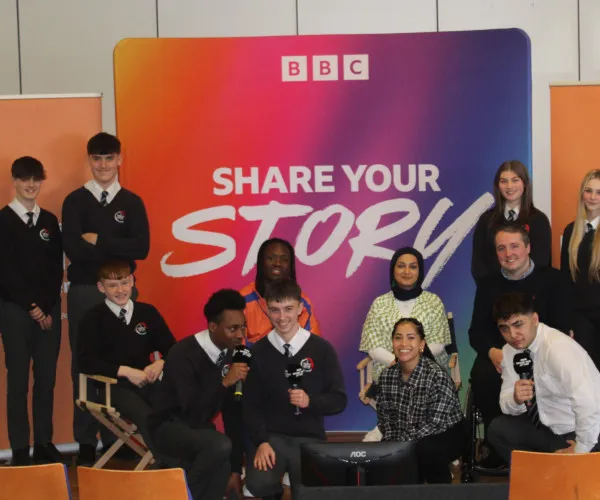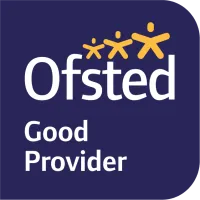Sociology Curriculum
Subject Aim
Sociology is the study of society and how this can influence and explain human behaviours and actions.
Through empowering individuals with a wider knowledge of society, we aim for our Sociology students to develop our key values of respect, responsibility, resilience, kindness, courage, and pride by becoming effective citizens who appreciate diversity and critically assess their own role within it. Students will develop the skills to be an effective social scientist, ability to critically assess reasons for and impacts of inequality in a range of different settings.
Details about the curriculum structure
Sociology is only taught at Key Stage 5 as an optional A-Level subject.
A level Sociology examines social behaviour from a variety of perspectives: how it originates and then develops, and the ways people are organised into groups according to distinctions such as class, gender and race. Students will develop a range of transferable skills which will enable them to pursue courses and careers in a range of sociological fields and related industries.
As with all A Levels, students are taught Sociology over 8 hours per fortnight.
Students will study two compulsory units and two optional unit as well as the study of sociological theory and research methods. Topics are placed in a specific sequence in order to help students learn the fundamentals of the subject building on core knowledge of key sociological perspectives whilst developing skills in A01 (knowledge & understanding: description, explanation), A02 (application) and A03 (analysis and evaluation).
The course is linear thus students will take three 2-hour examinations at the end of year 13 in order to gain the full A Level.
What will students study?
Year 12
In year 12 students begin with the option unit Families & Households where they are introduced to the key sociological perspectives such as Functionalism & Marxism. They then build on this knowledge by applying these theories to the family examining the purpose and functions of the family including demographic change, childhood, social policy and equality.
Student’s progress to the study of research methods considering the strengths & weaknesses of both quantitative and qualitative methods analysing the theoretical, ethical and practical considerations sociologists make. They apply these methods to the compulsory unit of Education where they study the functions of the education system, social policies and differential achievement by class, gender & ethnicity. Applying methods to a particular context builds on students’ A02 skills.
Year 13
In year 13, students begin with the very engaging Crime & Deviance compulsory unit covering sociological explanations of crime, the impact of globalisation, crime control, social order and the distribution of crime. To gain a deeper understanding of sociological perspectives and to build upon year 12 knowledge, students then study Sociological Theory & Methods analysing structural and social action approaches and key debates within the discipline such as the extent to which sociology is a science.
Finally, students study the optional topic of The Media which covers media representations of age, social class, ethnicity, gender, sexuality and disability and the relationship between the media, their content and presentation, and audiences.
Qualifications we offer
A-Level Sociology (AQA):
Where could this ultimately take you?
Studying sociology can lead to a wide range of career paths including social work, roles within the police, teaching careers, youth work, probation & prison services, the civil service, journalism, law, forensic science, lecturing, social research, science-related careers, politics and welfare and policy development roles.
Additionally, sociology equips students with highly sought-after skills which are widely recognised by higher education institutions and employers including critical thinking, argumentation, analysis, independent research/thinking and evaluation. Sociology students become holistic thinkers who can empathise, debate and lead discussions on a range of societal issues.
Contact details to find out more about our curriculum
- Curriculum
- Assessment
- Form Time
- British Values & Preventing Radicalisation
- Curriculum Subjects
- Art Curriculum
- Business Studies Curriculum
- Communication Curriculum
- Criminology Curriculum
- Design & Technology Curriculum
- English Curriculum
- Geography Curriculum
- Graphic Design Curriculum
- History Curriculum
- ICT Curriculum
- Law Curriculum
- Mathematics Curriculum
- Modern Foreign Languages Curriculum
- Performing Arts Curriculum
- Personal & Character Development
- Photography Curriculum
- Physical Education Curriculum
- Psychology Curriculum
- Read to Succeed
- Religious Education Curriculum
- Science Curriculum
- Sociology Curriculum
- Learning Qualities & Values
- The Options Process
- Supported Study and Revision
